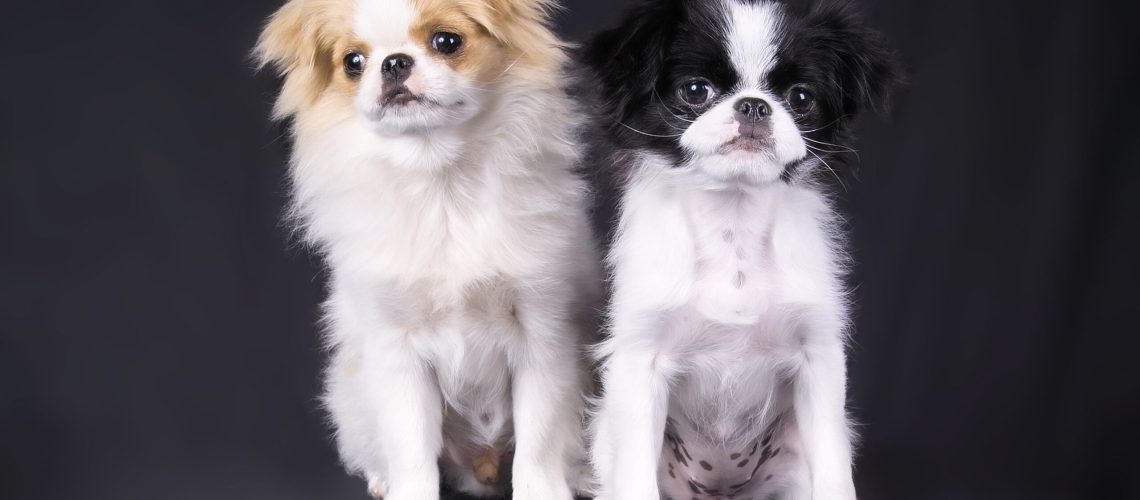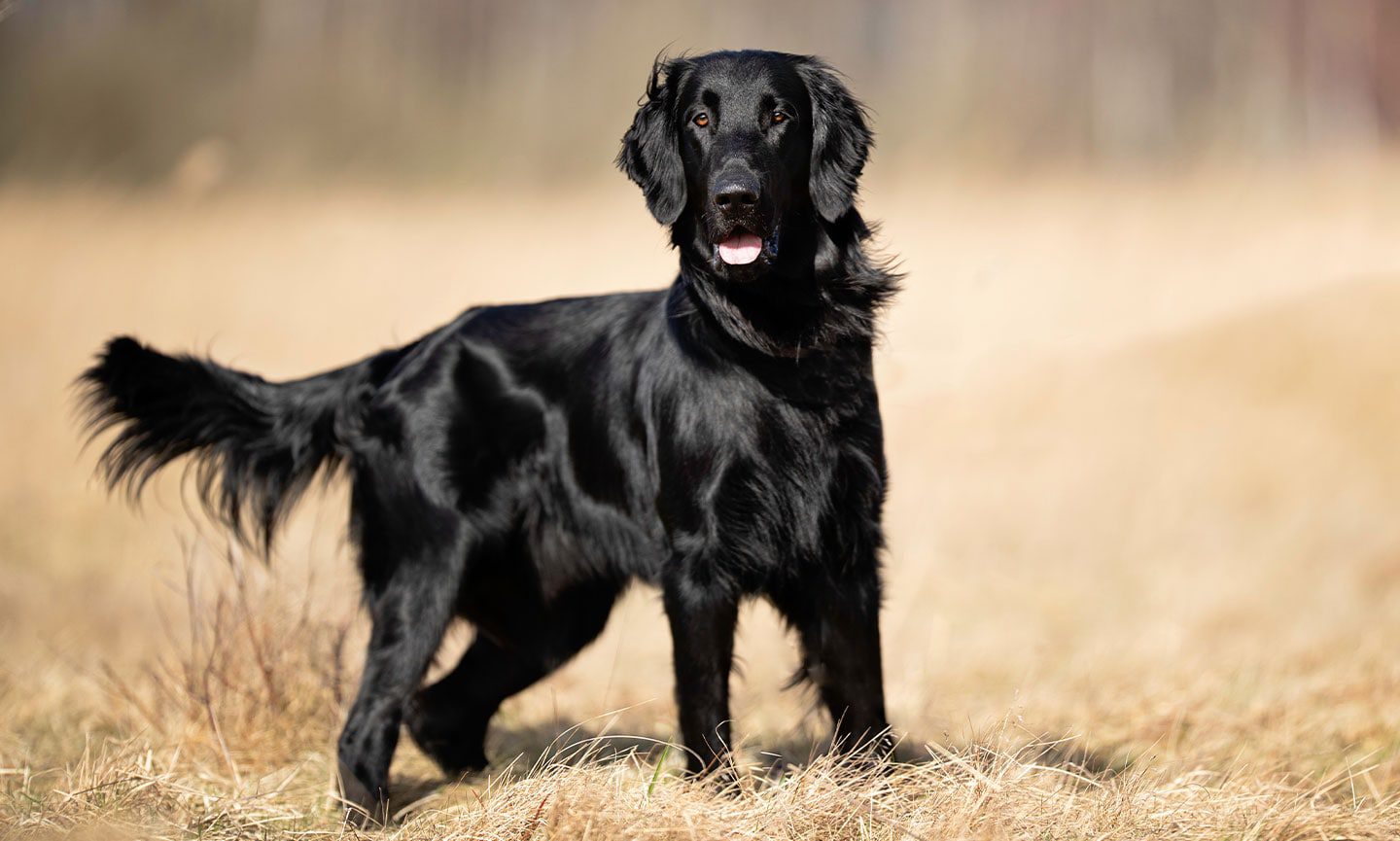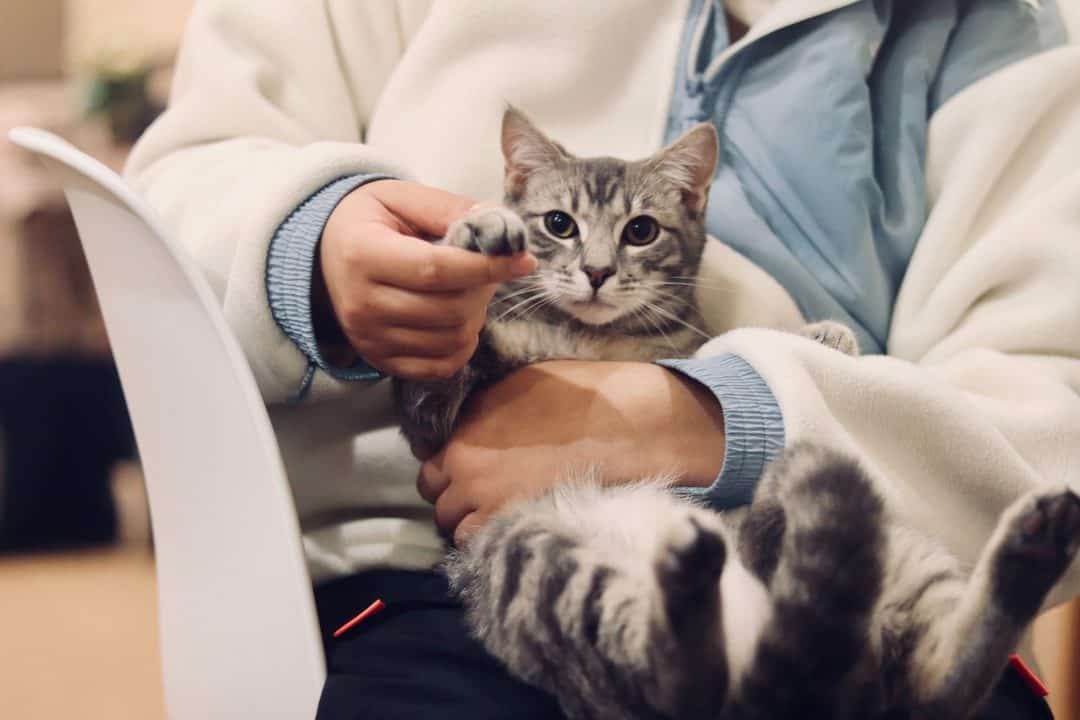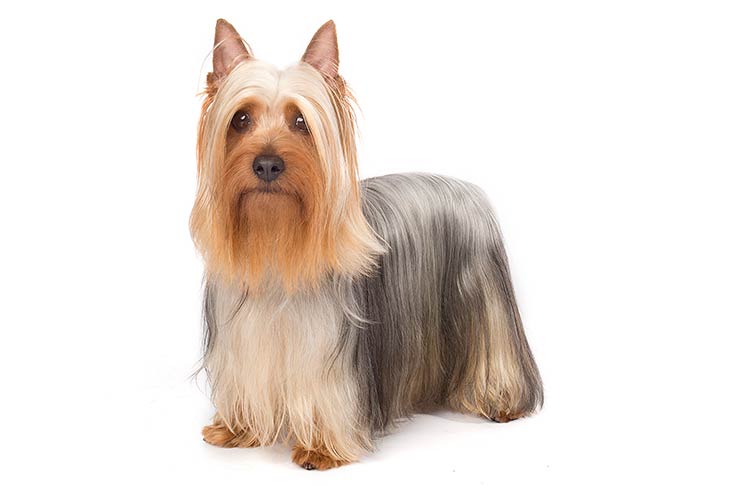Key Takeaways:
- Japanese Chins are small and delicate dogs, weighing between 4 to 15 pounds.
- They have a distinctive appearance with a flat face, large round eyes, and a silky coat that requires regular grooming.
- Japanese Chins are known for their friendly and affectionate nature, making them great companions for families and individuals alike.
- They are generally adaptable to different living situations but prefer a calm and quiet environment due to their sensitive nature.
- Proper care for a Japanese Chin includes regular exercise, a balanced diet, socialization, and regular veterinary check-ups to ensure their health and well-being.
Are you ready to embark on a journey into the fascinating world of the Japanese Chin, also known as the Japanese Spaniel? This delightful dog breed is sure to capture your heart with its charming personality and unique characteristics.
Whether you're a dog lover or simply curious about different breeds, understanding the Japanese Chin can bring immense joy and knowledge into your life. By delving into this subject, you'll not only gain insight into the care and traits of these adorable dogs but also discover why they are highly regarded in Japan and beyond. So, let's dive in together and uncover the secrets of the Japanese Chin!
What is a Japanese Chin? Key Characteristics of this Dog Breed
The Japanese Chin is a small and elegant dog breed known for its distinctive appearance and charming personality. These dogs have a compact body, with a silky and straight coat that comes in various colors, including white, black, and red. One of their most notable features is their large, round eyes that give them an endearing expression.
Despite their small size, Japanese Chins have a confident and friendly nature. They are known for being affectionate and forming strong bonds with their owners. They are also intelligent and eager to please, which makes them relatively easy to train. However, they can be a bit stubborn at times, so patience and consistency in training methods are essential.
Physical Characteristics
- Size: The Japanese Chin typically weighs between 4 to 9 pounds (1.8 to 4 kilograms) and stands about 8 to 11 inches (20 to 28 centimeters) tall at the shoulder.
- Coat: Their coat is long, silky, and straight. Regular grooming is necessary to keep it looking its best.
- Face: They have a flat face with large round eyes that give them an expressive look.
- Tail: Their tail is plumed and carried over the back.
Origin of the Japanese Chin
The Japanese Chin has a fascinating history that dates back centuries. Despite its name, this breed actually originated in China but was later brought to Japan as gifts for nobility. In Japan, they were highly regarded as companion dogs for aristocrats and were often kept in palaces and temples.
The breed's popularity spread throughout Europe when trade routes opened between Japan and other countries in the late 19th century. It was during this time that they acquired the name "Japanese Chin." Today, the Japanese Chin is beloved for its beauty and charm, and it continues to be a cherished companion breed around the world.
Caring for a Japanese Chin: Grooming and Exercise Requirements
Proper care is essential to keep your Japanese Chin healthy and happy. Here are some key aspects of caring for this breed:
Grooming Needs
The Japanese Chin has a long, silky coat that requires regular grooming to prevent matting and keep it looking beautiful. Here are some grooming tips:
- Brush their coat at least once or twice a week to remove any tangles or loose hair.
- Trim their nails regularly to prevent them from becoming too long and causing discomfort.
- Clean their ears weekly to prevent infections. Use a gentle ear cleaning solution recommended by your veterinarian.
- Brush their teeth several times a week to maintain good oral hygiene. This will help prevent dental issues such as gum disease.
Exercise Requirements
While the Japanese Chin is small in size, they still need regular exercise to stay healthy and burn off excess energy. Here's what you can do:
- Take them for daily walks or play sessions in a securely fenced area.
- Engage them in interactive toys or games that stimulate their mind and provide physical activity.
- Avoid overexertion due to their short snouts, which can make breathing difficult during intense exercise or hot weather.
By providing proper grooming and exercise, you can ensure that your Japanese Chin remains happy and healthy throughout its life.
Are Japanese Chins Good with Kids and Other Pets?
Japanese Chins are generally good with children and can make excellent family pets. However, it is important to supervise interactions between young children and dogs to prevent any accidental harm.
These dogs have a gentle nature and enjoy the company of their human family members. They are typically patient and tolerant, which makes them suitable for households with well-behaved children who know how to handle small dogs with care.
Interactions with Other Pets
Japanese Chins can also get along well with other pets if properly introduced and socialized from a young age. They tend to be friendly towards other dogs and cats, but individual personalities may vary. It is always recommended to supervise initial interactions between pets until they become familiar with each other.
If you already have pets at home, consider their temperament and energy levels when deciding to bring a Japanese Chin into your household. Proper introductions, positive reinforcement, and gradual integration can help ensure a harmonious environment for all your furry friends.
Understanding the Temperament of a Japanese Chin
The Japanese Chin has a distinct temperament that sets it apart from other dog breeds. Here are some key characteristics:
- Affectionate: Japanese Chins are known for their loving nature and strong desire to be close to their owners.
- Gentle: They have a gentle demeanor and tend to be sensitive to their owner's emotions.
- Curious: These dogs have an inquisitive nature and enjoy exploring their surroundings.
- Independent: While they love attention, Japanese Chins also value their independence and may appreciate having alone time.
- Social: They generally enjoy meeting new people but may be reserved or shy around strangers initially.
Their unique combination of traits makes Japanese Chins endearing companions that can bring joy and happiness to their owners' lives.
Common Health Issues in Japanese Chins and How to Manage Them
Like all dog breeds, Japanese Chins can be prone to certain health issues. Being aware of these conditions and taking preventive measures can help manage their health effectively. Here are some common health issues seen in Japanese Chins:
Patellar Luxation
Patellar luxation is a condition where the kneecap dislocates from its normal position. It can cause lameness and discomfort for the dog. Regular exercise, maintaining a healthy weight, and avoiding excessive jumping or rough play can help prevent this condition.
Heart Conditions
Japanese Chins may be susceptible to heart conditions such as mitral valve disease or heart murmurs. Regular veterinary check-ups, a balanced diet, and appropriate exercise can aid in managing heart health.
Dental Problems
The small size of the Japanese Chin's jaw can lead to dental issues such as overcrowding or tooth decay. Regular dental care, including brushing their teeth and providing appropriate chew toys, can help maintain good oral hygiene.
It is important to work closely with a veterinarian who is familiar with the breed's specific health concerns. By staying proactive and attentive to your Japanese Chin's well-being, you can help ensure they live a happy and healthy life.
How Long Do Japanese Chins Live? Factors Affecting Lifespan
The average lifespan of a Japanese Chin is typically between 10 to 12 years. However, with proper care and attention to their health needs, they can live even longer.
Factors Affecting Lifespan
Several factors can influence the lifespan of a Japanese Chin:
- Diet: Providing a balanced and nutritious diet is essential for their overall health and longevity.
- Exercise: Regular exercise helps maintain their physical fitness and can contribute to a longer lifespan.
- Grooming: Proper grooming practices, including regular brushing and dental care, can prevent health issues that may impact lifespan.
- Genetics: Some health conditions may have a genetic component. Responsible breeding practices can help minimize the risk of inherited diseases.
- Veterinary Care: Regular check-ups with a veterinarian and prompt treatment of any health issues are crucial for maintaining optimal health.
By addressing these factors and providing your Japanese Chin with a loving and caring environment, you can maximize their lifespan and enjoy many happy years together.
How Long Do Japanese Chins Live? Factors Affecting Lifespan
Genetics and Breed
The lifespan of a Japanese Chin can be influenced by various factors, with genetics playing a significant role. Just like humans inherit certain traits from their parents, dogs also inherit genetic characteristics that can impact their lifespan. Japanese Chins with a lineage of healthy and long-lived ancestors are more likely to live longer compared to those with a history of health issues in their bloodline. Responsible breeders carefully select parent dogs to ensure the best possible genetic makeup for longevity.
Healthcare and Nutrition
Proper healthcare and nutrition are vital for the well-being and longevity of Japanese Chins. Regular visits to the veterinarian for vaccinations, check-ups, and preventive care help identify any potential health concerns early on. Additionally, providing a balanced diet that meets their nutritional needs is essential. High-quality dog food formulated specifically for small breeds like the Japanese Chin can contribute to their overall health and increase their lifespan.
Exercise and Mental Stimulation
Regular exercise is crucial for maintaining the physical fitness of Japanese Chins. Engaging in activities such as daily walks or playtime not only helps them burn off excess energy but also keeps their muscles strong and joints healthy. Mental stimulation is equally important as it helps prevent boredom and promotes cognitive development. Interactive toys, puzzle games, or training sessions can keep your Japanese Chin mentally sharp and content.
Avoidance of Harmful Substances
Certain substances can be toxic or harmful to dogs, potentially shortening their lifespan. It is essential to keep your Japanese Chin away from common household hazards such as toxic plants, chemicals, medications meant for humans, and foods that are toxic to dogs (like chocolate or grapes). Being mindful of these dangers can significantly contribute to ensuring your pet's safety and longevity.
Regular Grooming and Dental Care
Proper grooming and dental care are essential for the overall health of Japanese Chins. Regular brushing helps maintain a clean coat, prevents matting, and reduces the risk of skin infections. Additionally, regular dental care, including brushing their teeth or providing dental chews, can help prevent periodontal disease and other oral health issues that could impact their lifespan.
By considering these factors and providing appropriate care, you can help maximize the lifespan of your beloved Japanese Chin. Remember, each dog is unique, so it's important to consult with your veterinarian for personalized advice on how to ensure a long and healthy life for your furry friend.
In conclusion, the Japanese Chin is a small and affectionate dog breed that requires regular grooming and exercise. With proper care and attention, they can make wonderful companions for families or individuals looking for a loyal and loving pet.
Do Japanese Chins like to cuddle?
Japanese Chin dogs are loyal and loving companions to their owners. They are friendly towards both humans and unfamiliar animals. While they enjoy cuddling, they also have a playful side and enjoy energetic games of catch indoors or outdoors.
Do Japanese Chin bark a lot?
Japanese Chins are not known to bark frequently. They are often referred to as "Japanese Spaniels" and are suitable for living in condos or other multi-dwelling housing structures because they are generally quiet and reserved.
Can Japanese Chin be left alone?
As long as they can be with their owners at all times, Japanese Chins are suitable for both busy and quiet households. They thrive as companion dogs and do not do well when left alone.
Are Japanese Chin dogs good pets?
According to most Japanese Chin owners, they are generally friendly towards people of all ages, including older individuals and children. However, due to their sensitivity, they may not be the best fit for very young toddlers.
What is the temper of the Japanese Chin?
The Japanese chin is a dog breed that is known for its calm and loyal nature. It is often compared to a cat because it enjoys cuddling in its owner's lap.
Why do Japanese Chins lick so much?
One characteristic that makes them similar to cats is their grooming behavior of licking their paws and rubbing their faces. This particular breed is well-suited for families with older children.

















